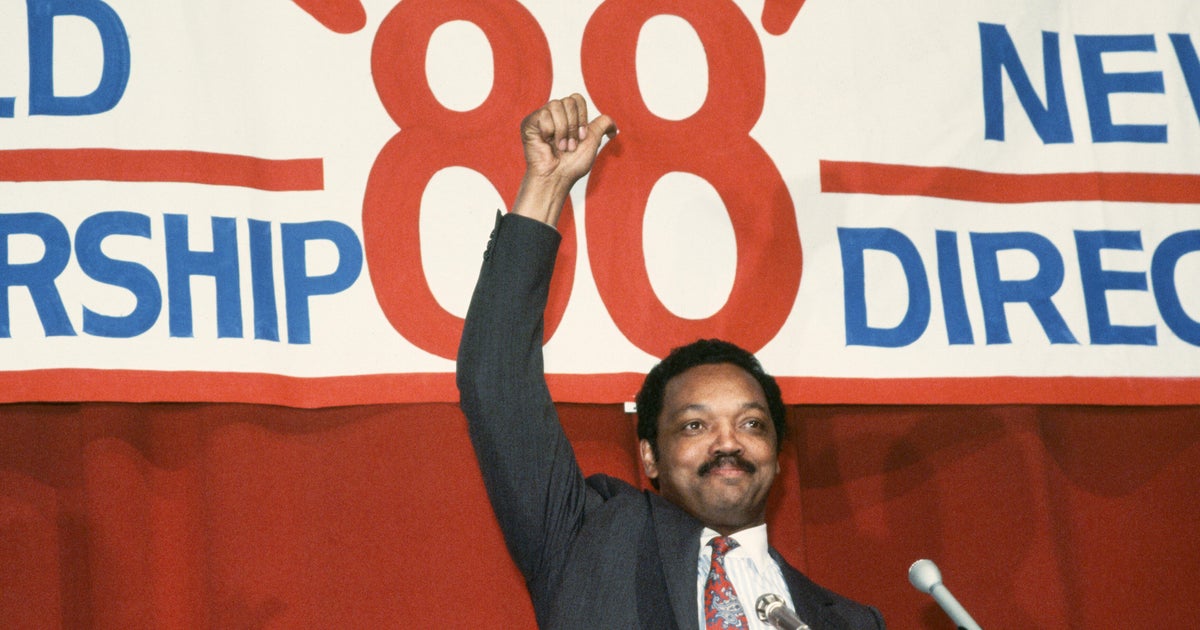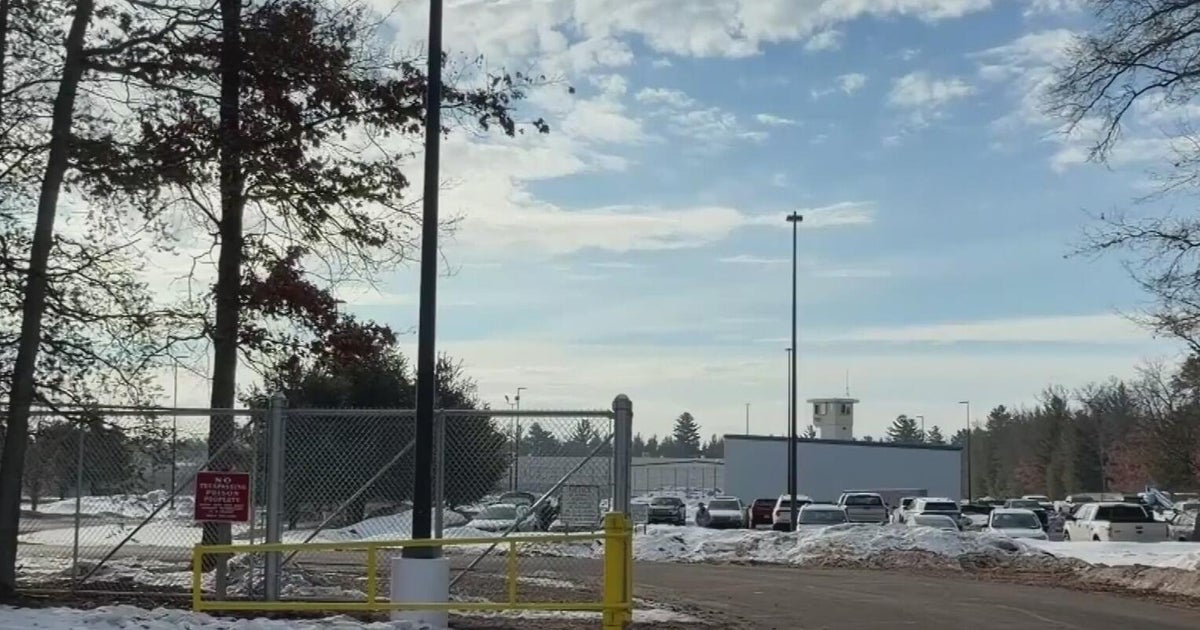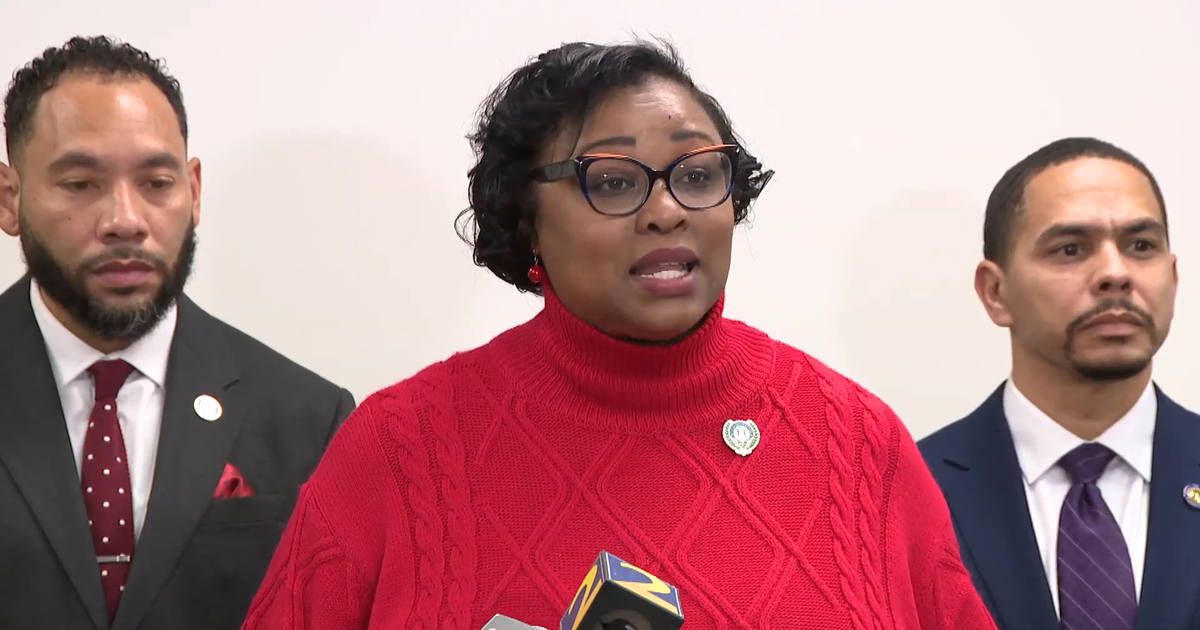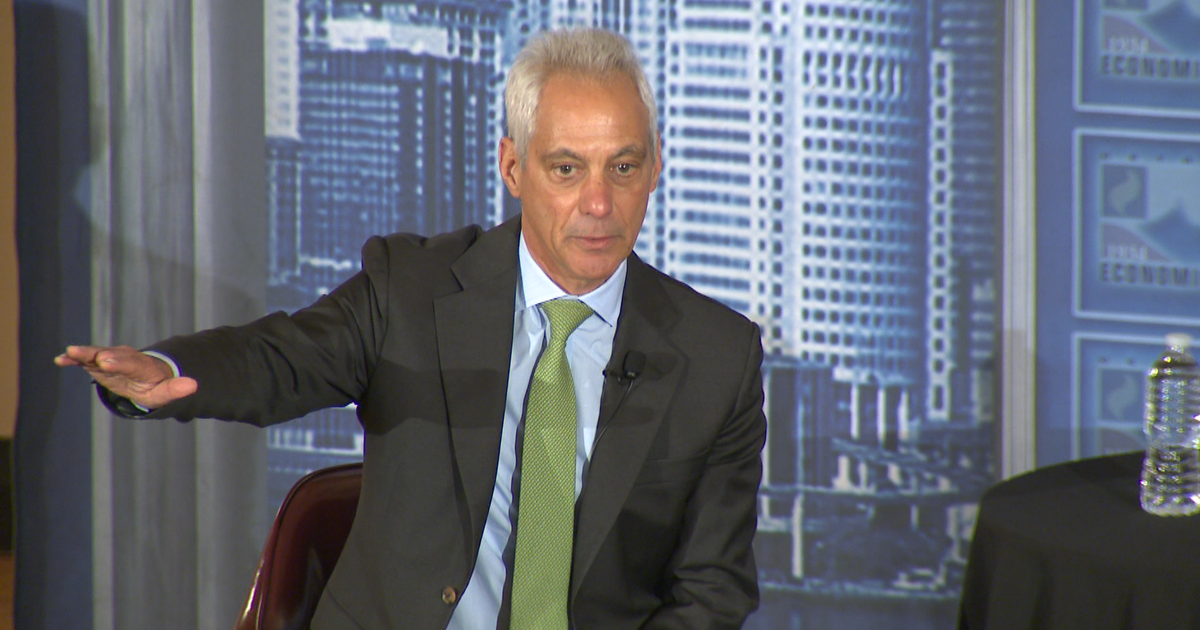EV tax credit likely to get updated with proposed battery source requirements
The electric vehicle tax credit just got a little bit more complicated with the announcement of a highly anticipated proposal which would apply to the battery components of eligible EVs.
Under the proposed rule, EV manufacturers must certify each eligible vehicle meets key battery sourcing and manufacturing requirements which were laid out in the text of the Inflation Reduction Act. Those requirements apply to a $7,500 tax credit.
President Biden signed the act into law in August of 2022, but the Treasury Department delayed the battery requirement portion of the tax credit ahead of 2023.
Under the proposed guidance, batteries for EVs must meet a "critical mineral requirement" to be eligible for $3,750 of the tax credit. For those applying for the tax credit on a vehicle purchased in 2023, 40% of the minerals contained in the vehicle's battery must have been extracted or processed in the U.S. or in a nation that has a free trade agreement with the U.S. That percentage requirement gradually increases to 80% in 2027.
A second "battery component requirement" is also proposed for the other $3,750 portion of the tax credit. It requires that a percentage of the EV battery's components be manufactured or assembled within North America. For 2023, 50% of the battery's components must meet that requirement. That percentage also increases every year, until it reaches the 100% threshold in 2029.
During a phone briefing with reporters, Biden administration officials explained the reasoning behind the new rules, which are aimed at moving EV battery supply chains away from China.
"We know that in order to meet our energy security, climate and economic goals, we need to build a clean energy supply chain that is not dependent on China," said a senior administration official. "Given China's currently dominant position in the clean energy supply chain we need to work with our allies and partners to build a resilient alternative supply chain that can meet the demand among American consumers."
Treasury Secretary Janet Yellen signaled the move could create jobs for the American economy.
"The Inflation Reduction Act is a once-in-a-generation piece of legislation that is lowering costs for American consumers, building a strong U.S. industrial base, and bolstering supply chains," Yellen said in a statement Friday. "Today, Treasury is taking an important step that will help consumers save up to $7,500 on a new clean vehicle and hundreds of dollars per year on gas, while creating American manufacturing jobs and strengthening our energy and national security."
One major drawback for the new rule is that several vehicles which currently qualify for the credit will no longer be eligible for the full $7,500 tax break. Last week, according to a report in Electrek, Tesla acknowledged that it would lose the full tax credit on a variant of the Model 3, since the battery is sourced from China. At least three versions of Tesla's Model 3 and Model Y qualify for the credit.
Officials acknowledged that fewer vehicles would be eligible for the tax credit, but expressed that, over time, more cars would qualify as manufacturing and sourcing of battery components moves to the U.S. or its trade partners. Some car companies, like General Motors, expressed a hint of optimism ahead of the rule's implementation.
"We believe GM is well-positioned because we were already actively pursuing opportunities to localize as much of the supply chain as possible," a GM spokesperson told CBS News.
The Treasury Department is expected to work with vehicle manufacturers in the coming days ahead of the April 18 deadline for the publication of the rule. Vehicles must still meet an MSRP limit of $55,000 for cars and $80,000 for SUVs. To qualify, buyers cannot have an income of more than $150,000 per year for individuals, $225,000 for heads of households, and $300,000 for couples.







